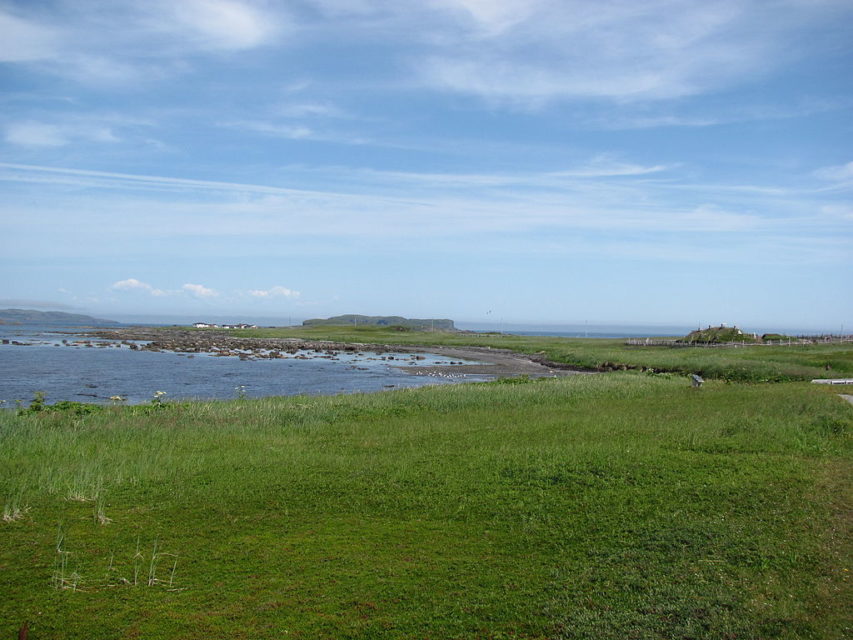On the face of it, Mussolini’s collapse was a story straight out of Victorian melodrama. At long last Righteousness had triumphed, the wicked man was discomfited, the mills of God were doing their stuff. On second thoughts, however, this moral tale is less simple and less edifying. To begin with, what crime, if any, has Mussolini committed? In power politics there are no crimes, because there are no laws. And, on the other hand, is there any feature in Mussolini’s internal régime that could be seriously objected to by any body of people likely to sit in judgement on him? For, as the author of this book (The Trial of Mussolini by ‘Cassius’) abundantly shows — and this in fact is the main purpose of the book — there is not one scoundrelism committed by Mussolini between 1922 and 1940 that has not been lauded to the skies by the very people who are now promising to bring him to trial.
For the purposes of his allegory ‘Cassius’ imagines Mussolini indicted before a British court, with the Attorney General as prosecutor. The list of charges is an impressive one, and the main facts — from the murder of Matteotti to the invasion of Greece, and from the destruction of the peasants’ co-operatives to the bombing of Addis Ababa — are not denied. Concentration camps, broken treaties, rubber truncheons, castor oil — everything is admitted. The only troublesome question is: How can something that was praiseworthy at the time when you did it — ten years ago, say — suddenly become reprehensible now? Mussolini is allowed to call witnesses, both living and dead, and to show by their own printed words that from the very first the responsible leaders of British opinion have encouraged him in everything that he did. For instance, here is Lord Rothermere in 1928:
In his own country (Mussolini) was the antidote to a deadly poison. For the rest of Europe he has been a tonic which has done to all incalculable good. I can claim with sincere satisfaction to have been the first man in a position of public influence to put Mussolini’s splendid achievement in its right light. … He is the greatest figure of our age.
Here is Winston Churchill in 1927:
If I had been an Italian I am sure I should have been whole-heartedly with you in your triumphant struggle against the bestial appetites and passions of Leninism… (Italy) has provided the necessary antidote to the Russian poison. Hereafter no great nation will be unprovided with an ultimate means of protection against the cancerous growth of Bolshevism.
Here is Lord Mottistone in 1935:
I did not oppose (the Italian action in Abyssinia). I wanted to dispel the ridiculous illusion that it was a nice thing to sympathize with the underdog. … I said it was a wicked thing to send arms or connive to send arms to these cruel, brutal Abyssinians and still to deny them to others who are playing an honourable part.
Here is Mr Duff Cooper in 1938:
Concerning the Abyssinian episode, the less said now the better. When old friends are reconciled after a quarrel, it is always dangerous for them to discuss its original causes.
Here is Mr Ward Price, of the Daily Mail, in 1932:
Ignorant and prejudiced people talk of Italian affairs as if that nation were subject to some tyranny which it would willingly throw off. With that rather morbid commiseration for fanatical minorities which is the rule with certain imperfectly informed sections of British public opinion, this country long shut its eyes to the magnificent work that the Fascist régime was doing. I have several times heard Mussolini himself express his gratitude to the Daily Mail as having been the first British newspaper to put his aims fairly before the world.
And so on, and so on. Hoare, Simon, Halifax, Neville Chamberlain, Austen Chamberlain, Hore-Belisha, Amery, Lord Lloyd and various others enter the witness-box, all of them ready to testify that, whether Mussolini was crushing the Italian trade unions, non-intervening in Spain, pouring mustard gas on the Abyssinians, throwing Arabs out of aeroplanes or building up a navy for use against Britain, the British Government and its official spokesmen supported him through thick and thin. We are shown Lady (Austen) Chamberlain shaking hands with Mussolini in 1924, Chamberlain and Halifax banqueting with him and toasting ‘the Emperor of Abyssinia’ in 1939, Lord Lloyd buttering up the Fascist régime in an official pamphlet as late as 1940. The net impression left by this part of the trial is quite simply that Mussolini is not guilty. Only later, when an Abyssinian, a Spaniard and an Italian anti-Fascist give their evidence, does the real case against him begin to appear.
Now, the book is a fanciful one, but this conclusion is realistic. It is immensely unlikely that the British Tories will ever put Mussolini on trial. There is nothing that they could accuse him of except his declaration of war in 1940. If the ‘trial of war criminals’ that some people enjoy dreaming about ever happens, it can only happen after revolutions in the Allied countries. But the whole notion of finding scapegoats, of blaming individuals, or parties, or nations for the calamities that have happened to us, raises other trains of thought, some of them rather disconcerting.
George Orwell, “Who are the War Criminals?”, Tribune, 1943-10-22.




